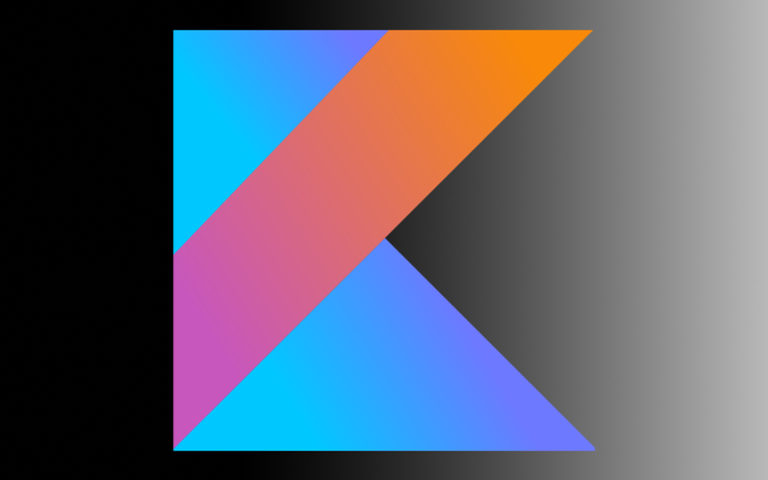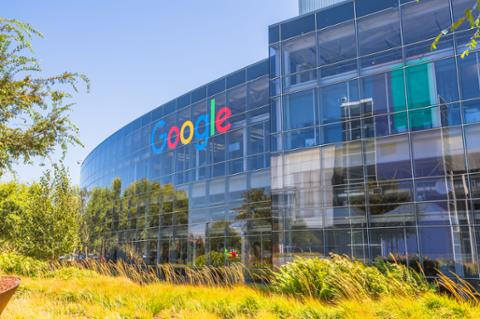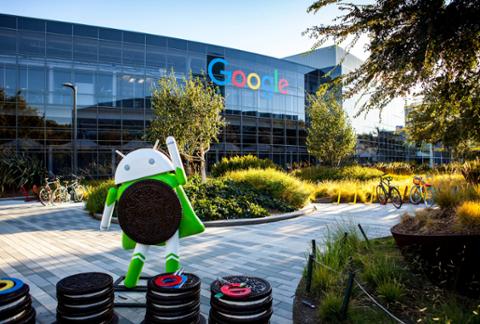When Google first promoted Kotlin as an official language for Android, Java developers everywhere took notice. Now they’ll have to re-evaluate their approach to building apps, as Google says Android app development will increasingly become “Kotlin-first.”
In a blog post, Google’s Chet Haase was direct about this evolution. “If you’re starting a new project, you should write it in Kotlin,” he wrote, adding: “Android development will become increasingly Kotlin-first.”
Haase also claims over 50 percent of Android developers now use Kotlin, and underscores its favorability in studies. Our own data shows Kotlin jobs are spiking hard of late, suggesting companies are also turning away from Java when it comes to Android-related app-building.
Android Jetpack APIs, a library of APIs meant to make app development faster and simpler, will be offered in Kotlin “first,” suggesting Jetpack APIs for Java will come later... if at all. This is a clever move by Google in its drive to dismiss Java; it claims Kotlin’s popularity drives its decision to prioritize the language, then doubles down by offering critical APIs in Kotlin ahead of Java, which will accelerate adoption.
(If you need further evidence that Java is a language-non-grata for Google, it was only mentioned once in the Android Developer's Blog post announcing new tooling and Android Q changes – at the very bottom, in reference to working with legacy libraries or codebases.)
A notable submission to the Kotlin-first API catalog is Jetpack Compose, an unbundled toolkit for user interface development. Fully reactive and declarative, Jetpack Compose also supports Material Design, and operates as a standalone unit; there’s no need to use any other Jetpack API with it. It's part of the Android Open Source Project, and Google says it’s in a “pre-alpha” phase, so it’s not quite ready for prime-time.
Finally, Android Studio 3.5 has been released in beta, with a heavy focus on speed. It improves memory management for the IDE itself, with lower latency, faster updates to the emulator, and a complete rewrite of ‘Instant Run' (Google’s always-on simulator, now dubbed ‘Apply Changes’).
Google’s move with Kotlin is a bit like Apple’s shift to Swift, except Apple never fully divested itself from Objective-C, or loudly claimed it was moving support away from its legacy language. Apple also never faced billion-dollar lawsuits over a programming language, as Google has with Java, so we understand Google's desire to distance itself from the old language.



